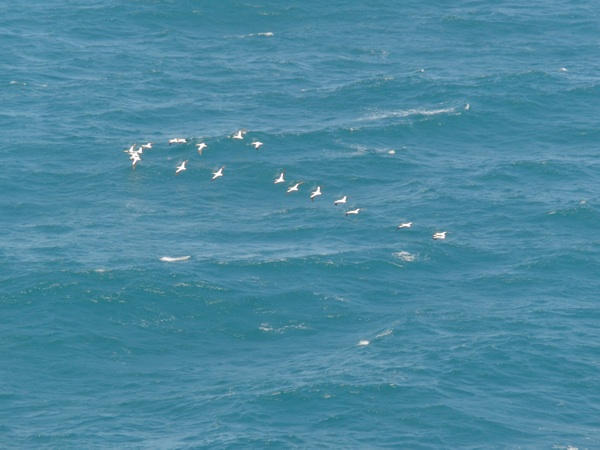Climategate is
not going to go away soon.
Here's the problem: science isn't based on trust. It is based on proof, on argumentation, on testing. On refutation or confirmation. On repetition of results, and validation of results by independent, adversarial colleagues around the world.
Science is fundamentally adversarial. One scientist tries his damndest to disprove another scientist's hypothesis. And scientist #1, by calling himself a scientist, accepts the adversarial interest of scientist #2, provides scientist #2 with his data and methods, and stands back with his chest puffed out, saying "prove me wrong, if you can."
That's not what the University of East Anglia climate change advocates did. That's not what they're doing, even now. The most damning thing about the leaked e-mails is that these advocates (they are self-evidently not scientists) are completely uninterested in having independent third parties look at their data and their methods.
In fact, they don't have their data any more. It's gone. Lost. Deleted.
Their data is gone.
Let me repeat that: their data is gone.
What that means for the scientific community is that all--ALL of the work of the University of East Anglia's Climate Research Unit, and ALL of the papers and studies which have been based on the work of the CRU MUST BE DISCARDED. To be credible, all of that work must be re-done, without any input from the CRU's now-tainted and now utterly unrepeatable work.
Thus the entire edifice of the current "scientific" argument for anthropogenic global warming comes crashing down.
Does this mean that human-induced climate change doesn't exist? No, not necessarly. But it is the obligation of those who assert that it does exist to prove beyond a reasonable doubt that it does exist. The result of the CRU e-mail leak and subsequent revelations of data loss and apparent corruption by the climate change advocates at CRU is to provide a heaping dose of doubt on their results.
The job of climate change advocates just got harder. They now--all of them, must be required to show all of their data, and show all of their work, and allow truly independent third parties--adversarial third partys to tear their data and their work apart. If they do not do this, and do this with alacrity, then reasonable people can conclude that they do not have the confidence of their conclusions, and so we lay-people should not have confidence in those conclusions, either.
The "climate change" movement isn't dead. But it's taken a serious blow in the past week or so.
Only total, complete transparency and openness can save the climate change movement now.




